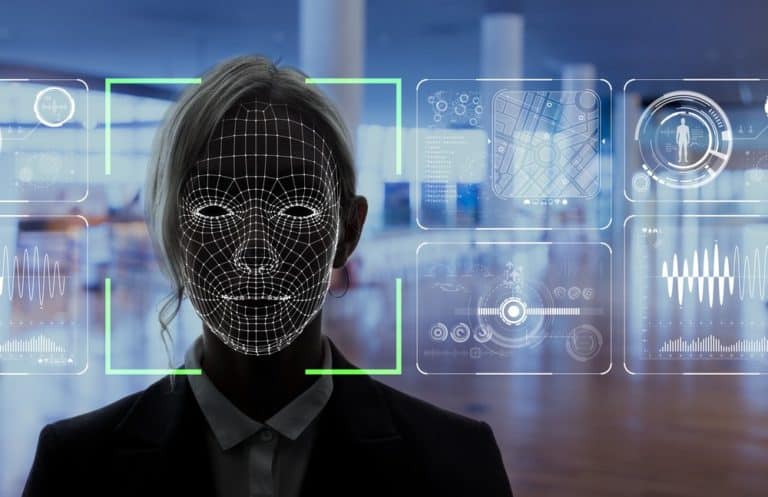A lawsuit brought against Google by users who found that the company was invading their privacy by using facial recognition technology was dismissed by an American court. Judge Edmond E. Chang found that there was no concrete damage to the plaintiffs.
That’s what press agency Bloomberg writes in a message about the trial. This was brought against the Alphabet daughter in March 2016. According to the complainants, Google collects and stores biometric data from photographs using facial recognition software. The prosecutors demanded damages in excess of $5 million.
Strict privacy law
The crux of the matter lies in a very strict biometric data-related privacy law that applies in Illinois. It is forbidden to use an image of a person there, if the person has not specifically given permission to do so. There are two more of these cases, against Facebook and Snap.
In the case of Google, the plaintiffs claimed collective compensation of more than $5 million for the hundreds of thousands of citizens of Illinois who, according to the plaintiffs, had to deal with it. They asked for $5,000 per violation of the Biometric Information Privacy Act (BIPA) and $1,000 per violation, resulting from negligent actions.
Informed
The complaint stated that, according to the complainants, Google never informed non-users who knew nothing of the fact that it was collecting images of their faces. It was also not known exactly what the images were collected for, how long Google would store them and the company did not have written permission.
Google, like a number of other companies, would like BIPA to be adjusted. They want biometric technology to be allowed, provided that it is applied fairly. In addition, last April, the companies wanted an amendment to be introduced whereby photographs were exempted from the law.
This news article was automatically translated from Dutch to give Techzine.eu a head start. All news articles after September 1, 2019 are written in native English and NOT translated. All our background stories are written in native English as well. For more information read our launch article.